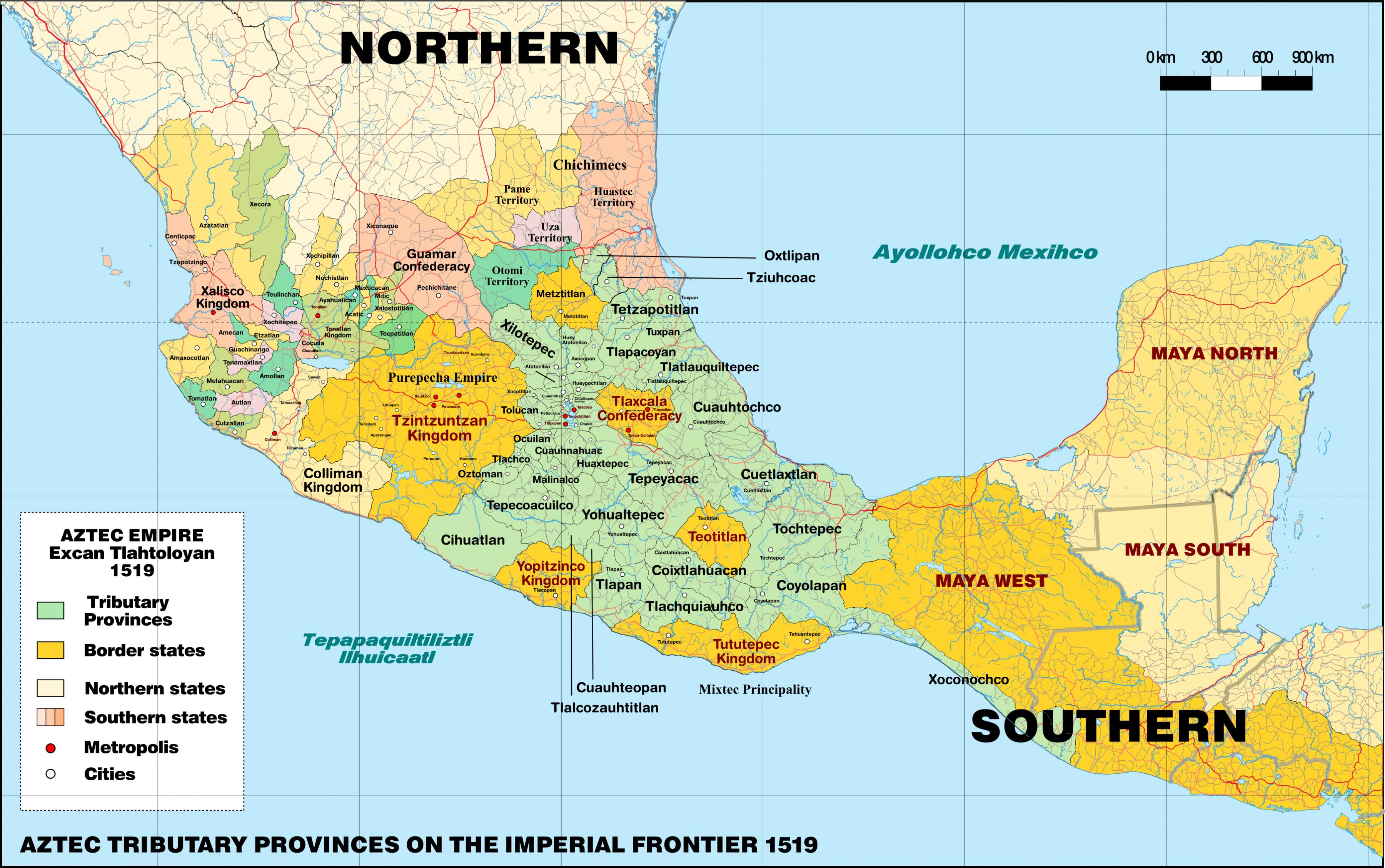Oh no, they did plenty wrong. We know for example that they enslaved nascent humans.
And it’s obvious that their expansion wasn’t a bloodless one either. There were many skirmishes between the Kaldorei Empire and the troll tribes. But if you read into the lore surrounding that early expansion, they won their battles by attacking troll supply lines and dismantling their defences (at least according to the Troll Compendium, which is dubious canon as Blizzard did not preserve it when they updated the World of Warcraft website).
There’s also, frankly, way too much that we don’t know, such as:
- How many troll settlements were in the regions the Kaldorei Empire conquered?
- How much territorial control did each troll settlement exert?
- Did the trolls retreat before the Kaldorei Empire armies or fight to the last troll?
- Did the Kaldorei Empire leave survivors behind? Did they take troll slaves? Or did they kill everyone?
All of these questions are vitally important to determine if the Kaldorei Empire engaged in genocide as Dreadmoore claims. If for example, the trolls only had a few scattered settlements, which were abandoned as the Troll Empire lost battle after battle, then no, that’s not genocide.
If the Kaldorei Empire captured and used trolls as slave labor, then that’s obviously deplorable and we can criticize them for engaging in slavery (which we know they already did as they enslaved nascent humans) but engaging in slavery is not genocide.
If the bulk of the Troll population lived in the big cities like Zandalar, Zul’aman, Zul’Gurub, Zul’Drak etc, and only a few small isolated villages were elsewhere, then all the Kaldorei would have killed were troll warriors in battles similar to the Troll Wars that were waged by the Elves and Humans thousands of years later. In which case, again, no genocide there, just military conquest.
The problem with ‘reading between the lines’ and trying to glean meaning out of subtext, is that if you interpret that subtext wrong, as Dreadmoore is doing, you can come up with theories that are not supported by what is plainly written.
